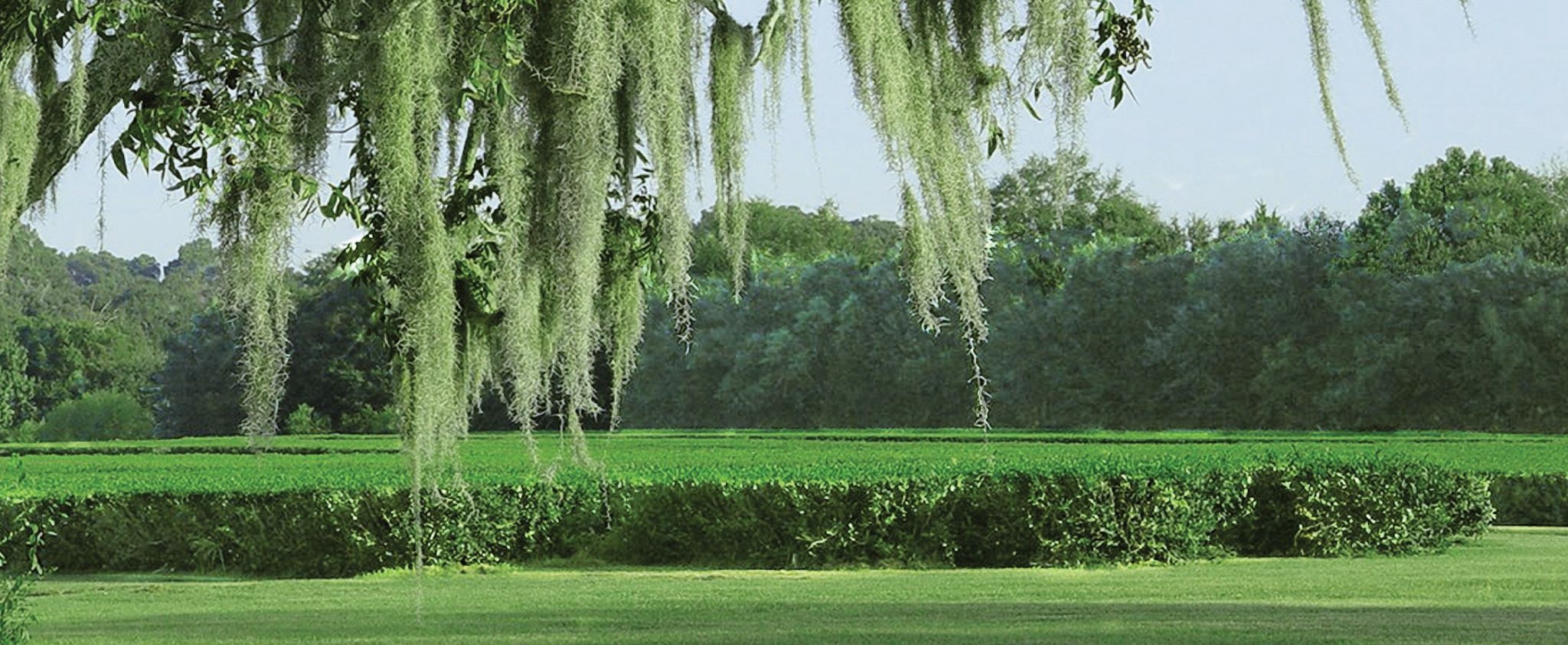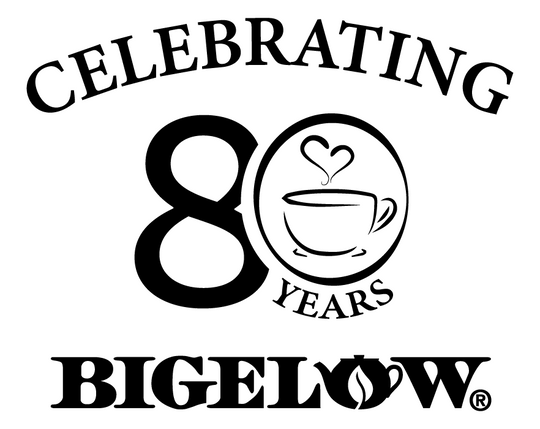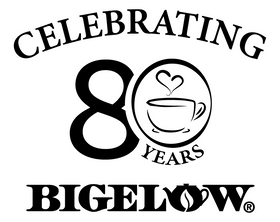A Bigelow Tea Legacy, Learn More About The Charleston Tea Garden

The Charleston Tea Garden (CTG), proudly owned by Bigelow Tea, is located on South Carolina’s picturesque Wadmalaw Island just south of Charleston. America’s largest working tea farm and historic treasure offers visitors a delightful experience. Join us as we share more about the rich heritage and one-of-a-kind learning experience that makes CTG a truly unique destination.
The Story Behind the Garden
In the 1960s, the Lipton Tea Company embarked on an ambitious research project aimed at cultivating tea in the United States. Wadmalaw Island, with its sandy soil, subtropical climate, and annual average rainfall of 52 inches, was chosen as the ideal location. This marked a significant milestone in U.S. tea cultivation, following earlier efforts by French botanist Andrea Michaux at Middleton Barony and Charles Shepherd's successful endeavors at Pinehurst, both near Summerville, South Carolina. By 1987, the garden was sold to Bill Hall, a third-generation tea taster, marking a new chapter in its history.
Later in 2003, with a shared passion for tea and the desire to preserve an American legacy, the Bigelow family, second generation Eunice and David C. Bigelow and third generation Lori Bigelow, purchased and conserved CTG. They maintained a close collaboration with local partner Bill Hall, ensuring the garden's legacy continued to thrive.
Tea Harvesting and Production
At the Charleston Tea Garden, like any farm, a team effort is essential for planting, nurturing and harvesting the crops. When visiting CTG, guests have the opportunity to gain direct knowledge of the tea-making process from leaf to cup, coupled with an engaging trolley tour across the estate. With that, let's explore a few of the vital roles that enables CTG to operate smoothly year-round:
- Field Crew: weeds are picked by hand every day, every season. Because pesticides and herbicides are not used at CTG, all weeds must be removed individually.
- Machine Operators: invented specifically for CTG in 1970, our harvester, managed by our machine operators, has a special design that moves branches out of the way so the plants won’t be damaged as the harvester moves through the rows.
- Agronomist: the on-staff agronomist studies plant and soil health and researches specific growing conditions and best practices for growing tea in our unique north American environment.
Speaking of harvesting, have you heard of First Flush? The name, in the tea world, is defined as the new growth of tea leaves that awaken from dormancy in the spring. Usually this happens in April or May and once harvested and brewed, each cup creates a unique taste that is only available once a growing season. It’s another special experience thanks to CTG.
The Science of Tea
Did you know that tea – be it green tea, black tea, or oolong tea – originates from the same plant? Known as Camellia Sinensis, there are over 320 varieties on the 127-acre grounds of the garden which is unique to CTG. The climate nurtures a bold and well-rounded flavor, as well as beautiful aromas that result in eight Charleston Tea Garden teas, including the original American Classic Black Tea.
Environmental Stewardship
Wadmalaw is considered to be one of Charleston's most unspoiled islands. 10 miles long and 6 miles wide, the island's only connection to the mainland is a bridge that crosses over Church Creek. Preserving the natural heritage of the land is at the core of CTG's ethos. Through responsible practices and land conservation efforts, the preservation of Charleston Tea Garden supports conserving life on land by protecting the delicate ecosystems that sustain CTG and the local wildlife. Each initiative reflects a commitment to a greener future which includes sustainable agricultural practices and making sure waste from our tea processing is reused as mulch in the tea fields, promoting a circular environment. Additionally, CTG is Green-E® certified where facilities are powered by natural energy sources.
Whether you're a tea aficionado, a curious traveler looking for a family friendly experience where you can often find unique events, or you are searching for a unique wedding or event destination, this enchanting oasis promises a delightful escape. Let's raise a toast to good company, delicious tea, and the timeless charm of this southern gem - where every sip tells a story.
“In 2003, my family, including my parents Eunice and David Bigelow, my sister Lori Bigelow, and our local partner Bill Hall, purchased and restored the Charleston Tea Garden,” says third generation president and CEO, Cindi Bigelow. “We were driven by a shared passion for tea and a collective desire to preserve an American treasure. Today, the conservation of this beautiful 127-acre tea garden on Wadmalaw Island, Charleston, South Carolina, not only gives you a glimpse into the American tea story but also holds a cherished spot in my family’s history and legacy. It is my hope that one day you can visit, learn more about tea from leaf to cup, and breathe in the beauty and history of the land.”



